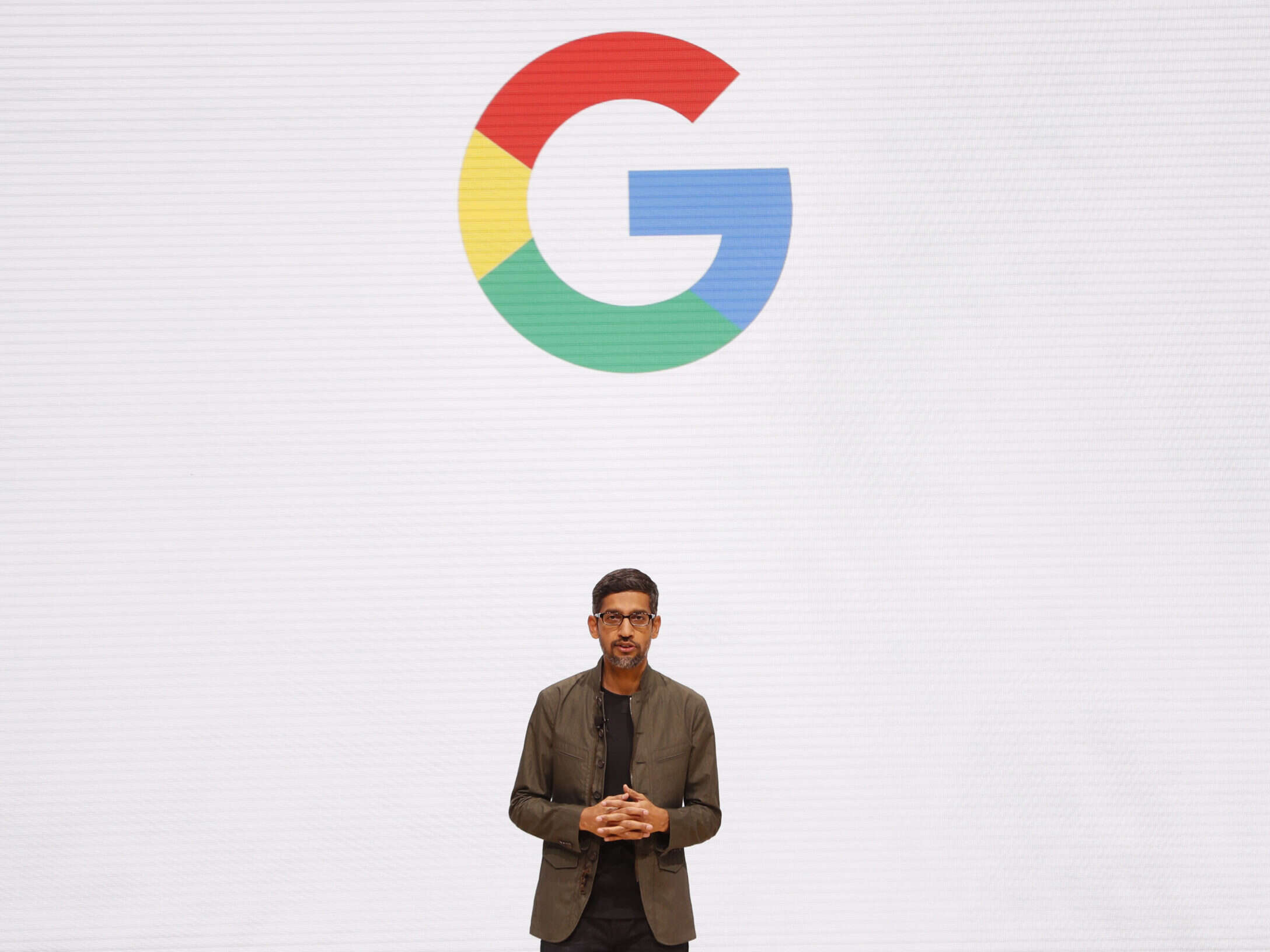
Google has been accused of helping to fund fake news about coronavirus by placing adverts on websites that promote unproven conspiracy theories.
A new study found that out of 50 websites carrying coronavirus conspiracy stories, 43 (86 per cent) appeared to be the recipients of Google ad services.
Supplementary research by Press Gazette found Google-powered adverts alongside a number conspiratorial articles.
In one instance, an advert for an upmarket razor brand appeared alongside a story claiming that Covid-19 was developed in a Canadian lab before being stolen by the Chinese government prior to the outbreak.

This advert for Amazon Prime, powered by Google, appeared on a conspiratorial story on Zero Hedge (Credit: GDI)
The findings come despite Google and other technology companies pledging earlier this month to combat “misinformation” about coronavirus.
In an announcement to staff on 6 March, which was made public, chief executive Sundar Pichai (pictured) explained how Google – which also owns YouTube – is “protecting people from misinformation”.
He said Google’s trust and safety team is “working around the clock and across the globe to safeguard our users from phishing, conspiracy theories, malware and misinformation, and we are constantly on the lookout for new threats”.
Pichai added that Youtube is “working quickly to remove any content that claims to prevent the coronavirus in place of seeking medical treatment”.
He said Google Ads is blocking advertising that capitalises on coronavirus, “and we’ve blocked tens of thousands of ads over the last six weeks”.
The study into conspiracy website adverts was carried out by the Global Disinformation Index, which also released a report earlier this month – covered in the Financial Times – estimating that fake news sites in Europe earn around $75m in advertising a year, with much of it placed by Google.
The Global Disinformation Index, which is in part funded by the UK’s Foreign and Commonwealth Office, said: “By providing ad services to these sites that promote coronavirus conspiracy theories, ad tech companies are inadvertently funding and fueling the problem.”
The group’s study also found that 20 per cent of the 50 conspiracy websites carried Amazon-powered adverts, and 18 per cent used the services of Xandr.

Google-powered adverts were also found by GDI on this American Thinker article (Credit: GDI)
“We are at a critical moment to move promises by these tech companies to actions to defund known disinformation sites,” said the Global Disinformation Index. “We call on the ad tech companies and brands to help us in this urgent fight.”
Google has previously questioned the reliability of the Global Disinformation Index’s research. It has said previous studies have not properly defined disinformation, and said revenue calculations have been “ill informed”.
It is understood, for instance, that the presence of a Google advert does not necessarily mean that the publisher is being paid, because it could choose to display the marketing material without the firm’s knowledge.
A spokesperson for the company said: “We’re committed to protecting users and surfacing helpful, authoritative information as the coronavirus situation continues to evolve.
“Similar to past reports, this report is flawed. GDI doesn’t detail how it defines disinformation, nor does it provide the full list of domains examined.
“We have strict policies against misrepresentative content and take action against sites that violate our policies.
“We will continue to elevate quality content about the Covid-19 outbreak from authoritative sources to protect users.”
Craig Fagan, programme director at the Global Disinformation Index, told Press Gazette: “We are hoping that this information helps to inform the companies of their own shortfalls and to remedy these immediately.
“Disinformation under the Coronavirus has become a matter of life and death.”
Picture: Reuters/Stephen Lam
Email pged@pressgazette.co.uk to point out mistakes, provide story tips or send in a letter for publication on our "Letters Page" blog
